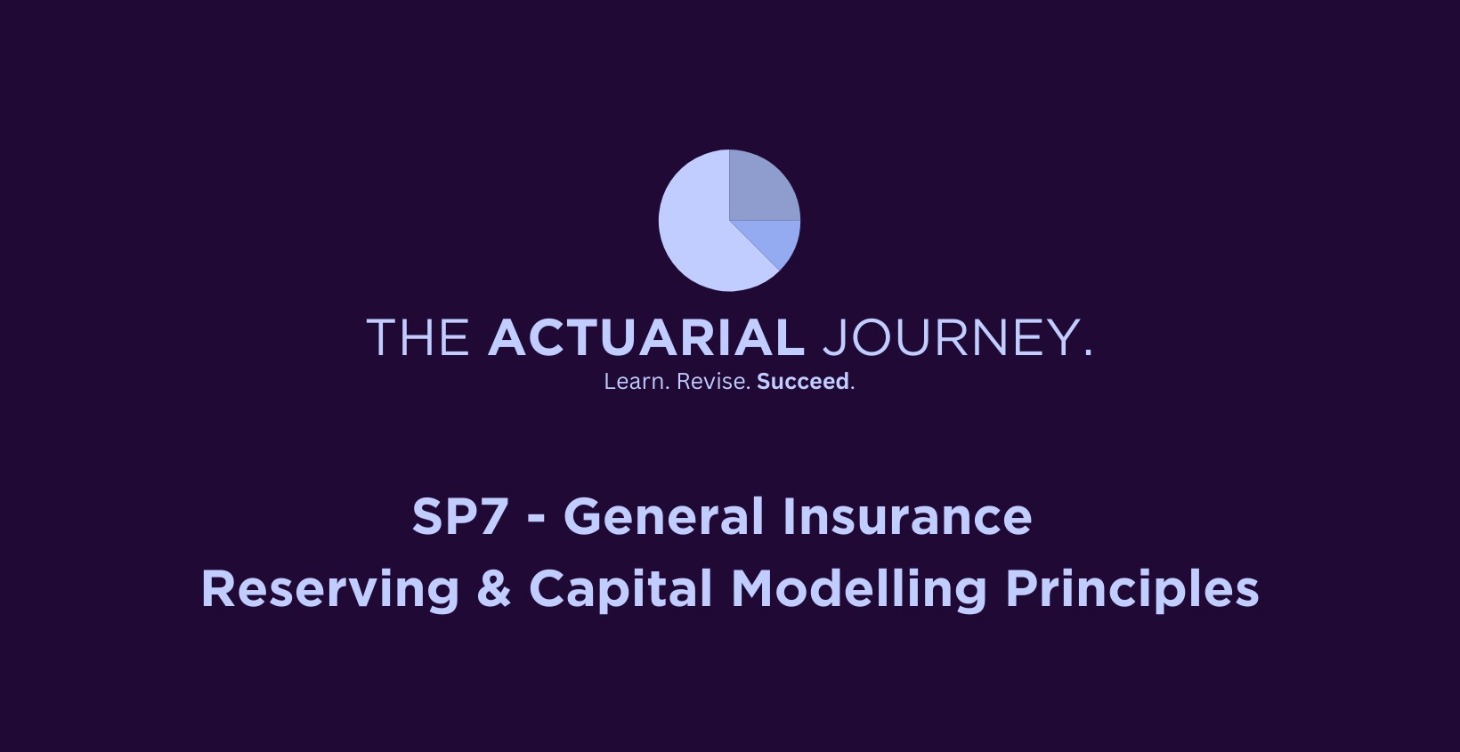
SP7 - GI Reserving & Capital Modelling Principles
Aim: To apply relevant actuarial principles and techniques to reserving and capital modelling within general insurance companies, and understand how reserving and capital modelling link to other business processes within a general insurance company.
0%
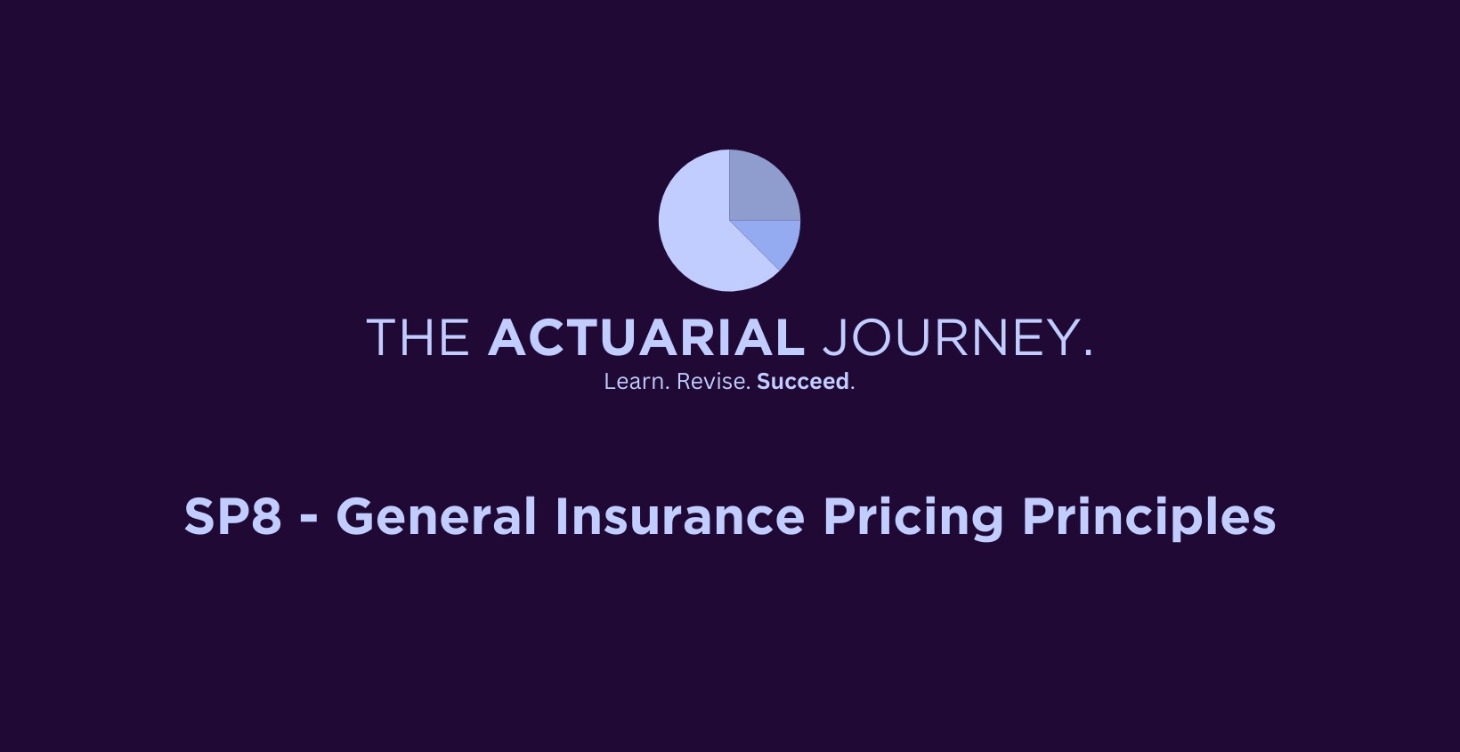
SP8 - GI Pricing Principles
Aim: Apply relevant actuarial principles and techniques to the pricing of general insurance and
reinsurance products and understand how pricing links to other business processes within
a general insurance company.
0%
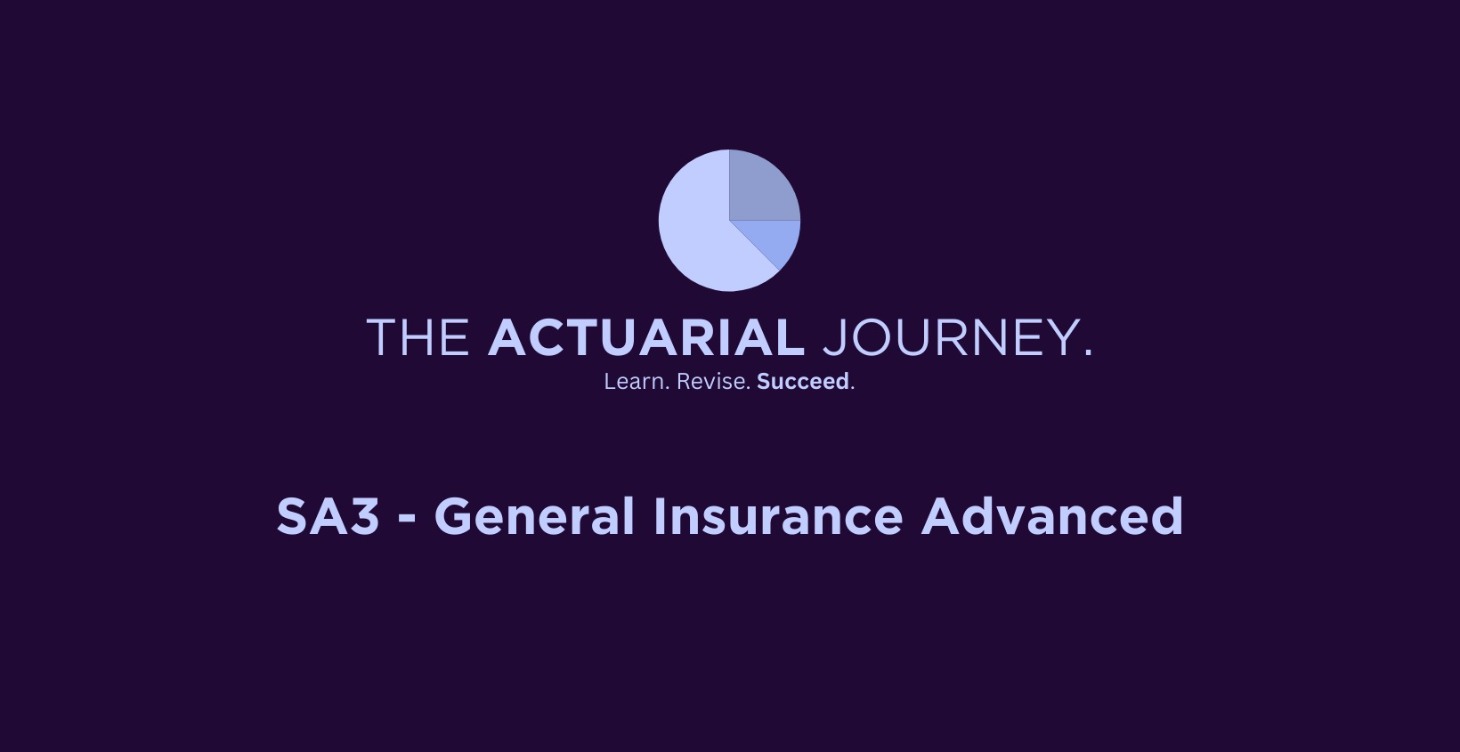
Private Course
SA3 - GI Advanced
Aim: To apply relevant actuarial principles and techniques to complex scenarios concerning the management of general insurance companies, taking into account relevant regulatory, legislative and professional requirements.
0%
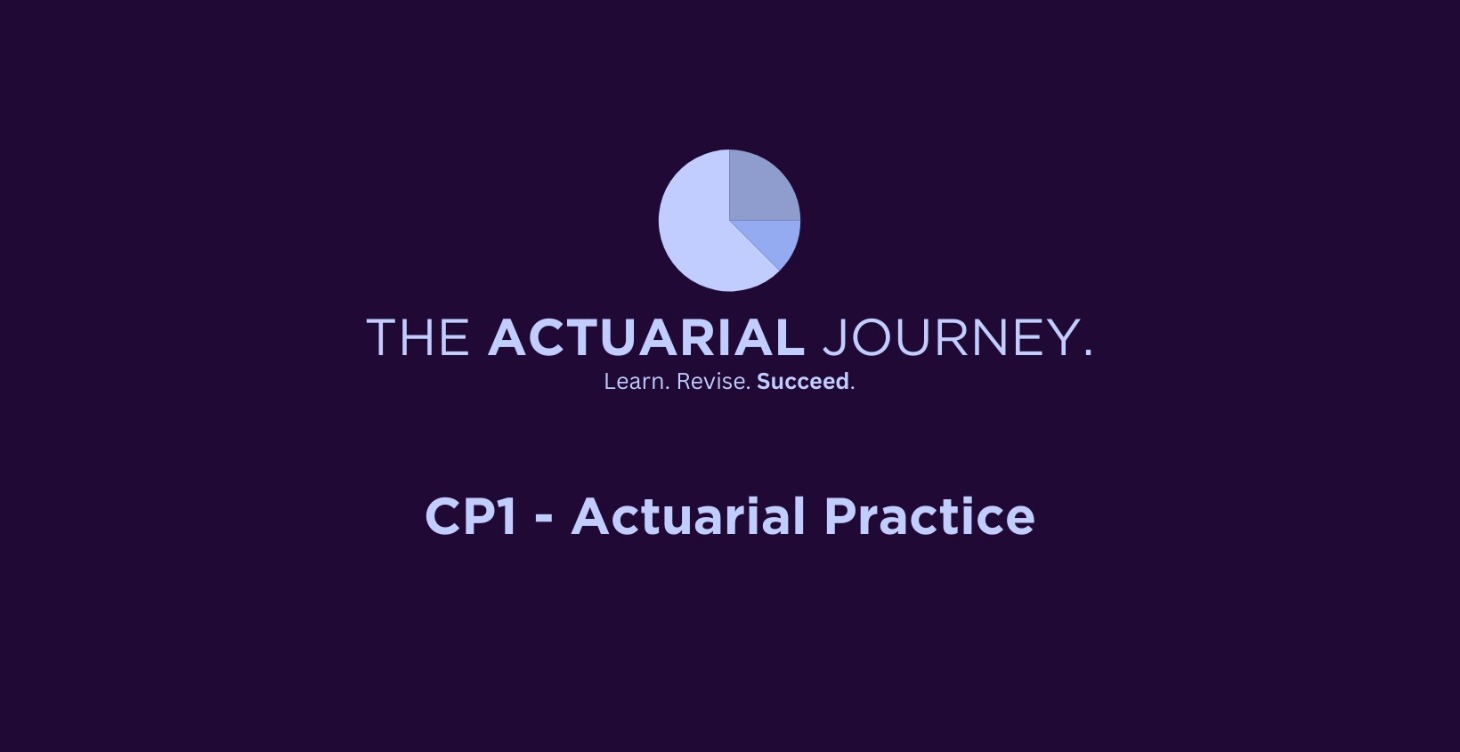
Private Course
CP1 - Actuarial Practice
Aim: To understand how to apply the underlying actuarial principles, mathematical and statistical techniques as well a business finance and economics concepts to a range of problems and issues in commercial and business environments, focusing on problems and issues in financial services, with application to wider domains and industries.
0%
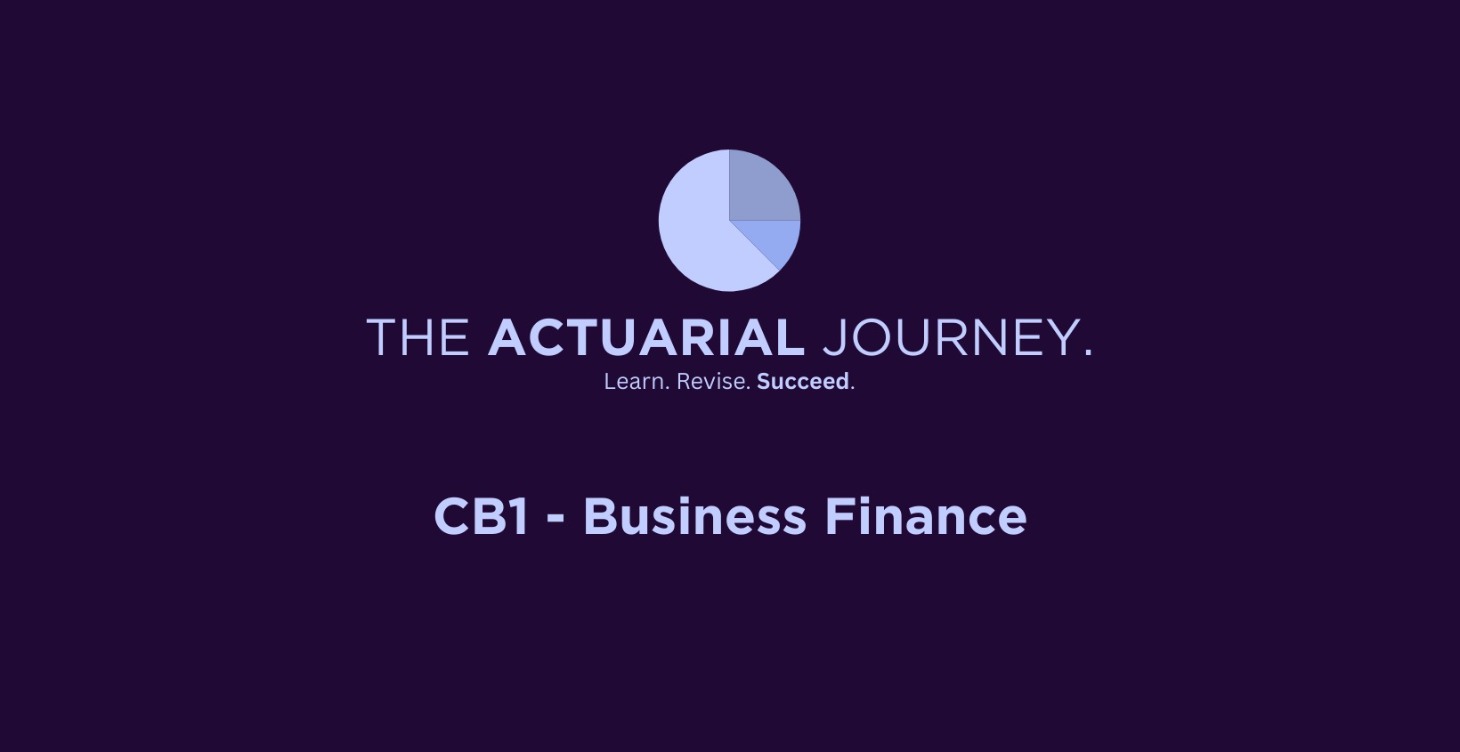
Private Course
CB1 - Business Finance
Aim: To develop an understanding of the key principles underpinning corporate finance and governance, including a knowledge of the instruments used by companies to raise finance and manage financial risk. The understanding and interpreting of the accounts and financial statements of companies as well as financial institutions is also developed.
0%
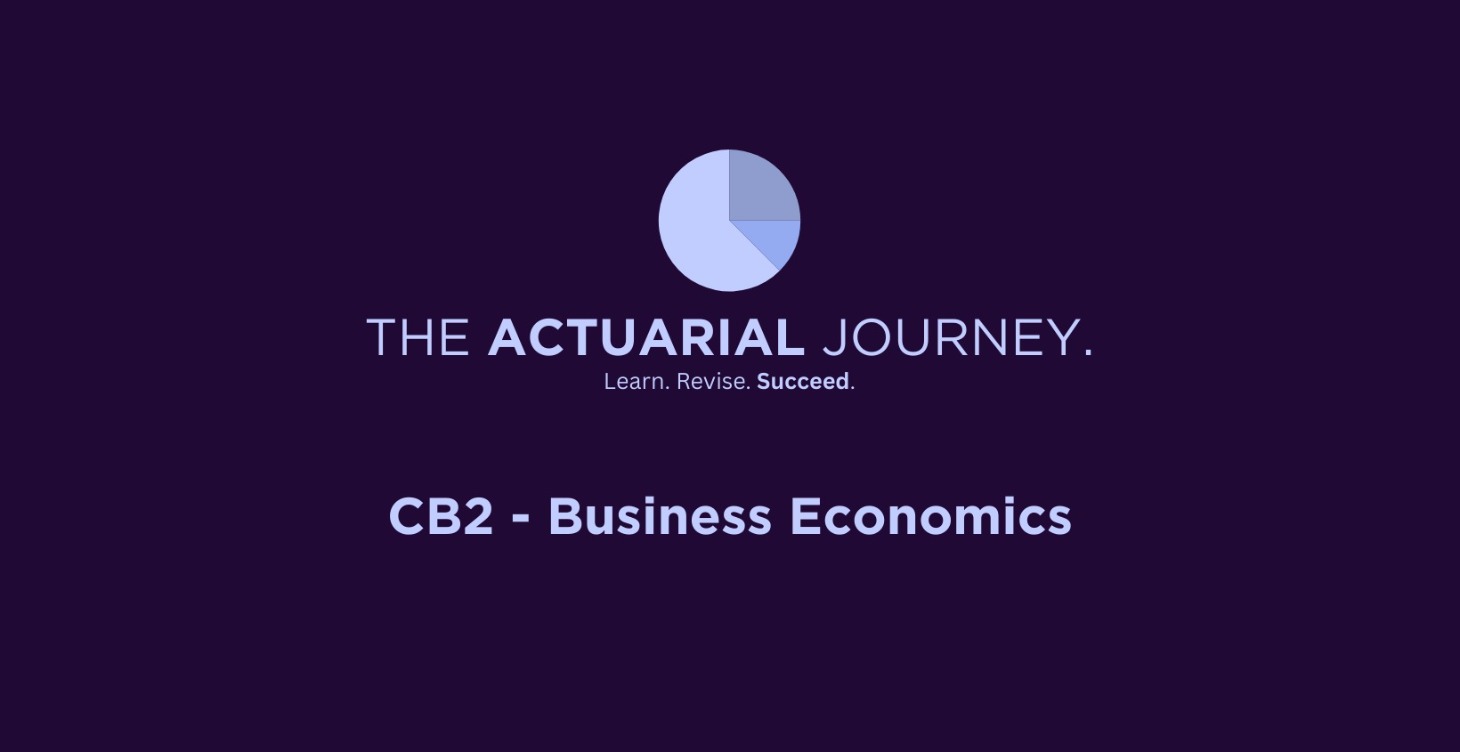
Private Course
CB2 - Business Economics
Aim: To introduce the core economic principles and how these can be used in a business environment to help inform decision-making and behaviour. It includes the fundamental concepts of microeconomics that explain how economic agents make decisions and how these decisions interact. It explores the principles underlying macroeconomics that explain how the economic system works and how decisions taken by agents affect the financial system and relevant aggregate economic and financial variables.
0%
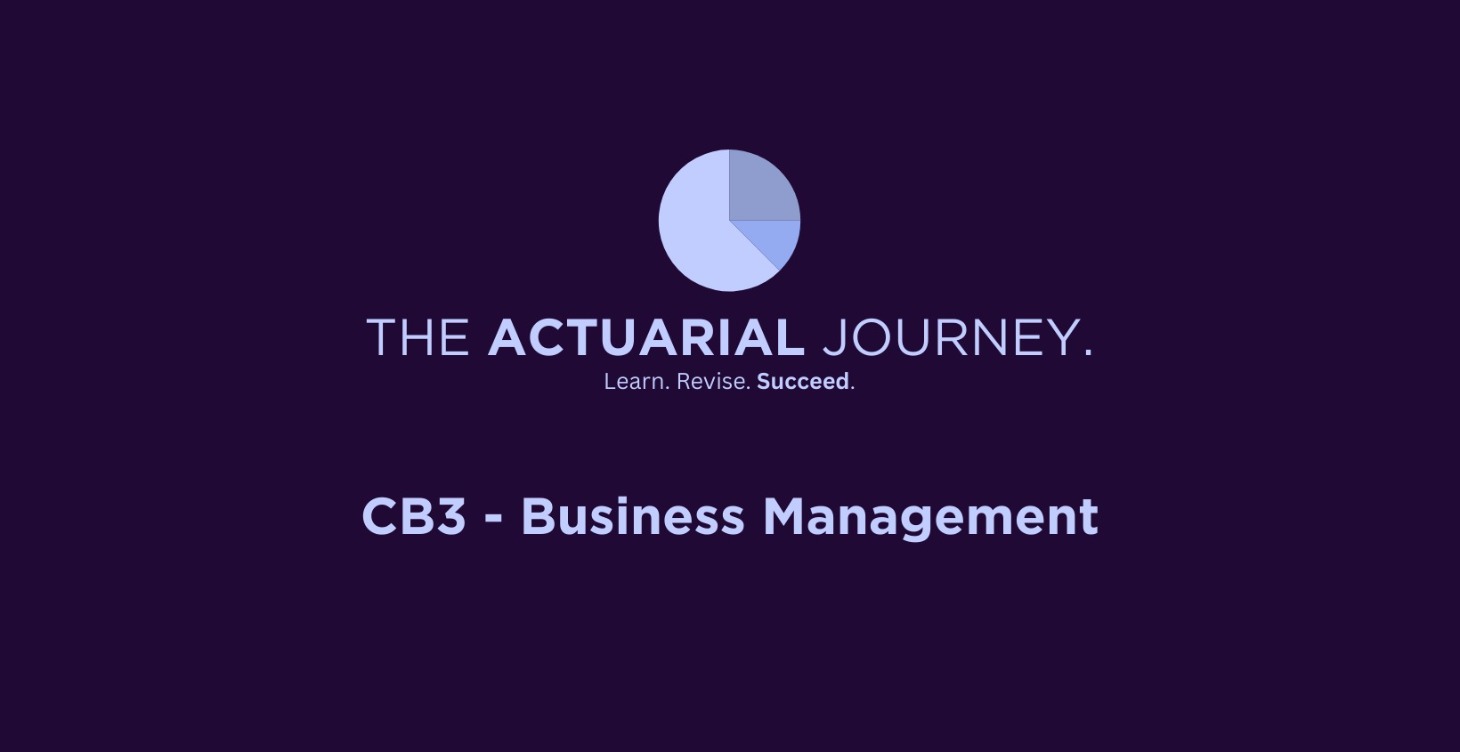
Private Course
CB3 - Business Management
Aim: To provide candidates with an understanding of the business environment in which they will be working, how to tackle business-related problems, the basic legal principles that are relevant to actuarial work, their professional responsibilities, and the need for lifelong learning.
0%
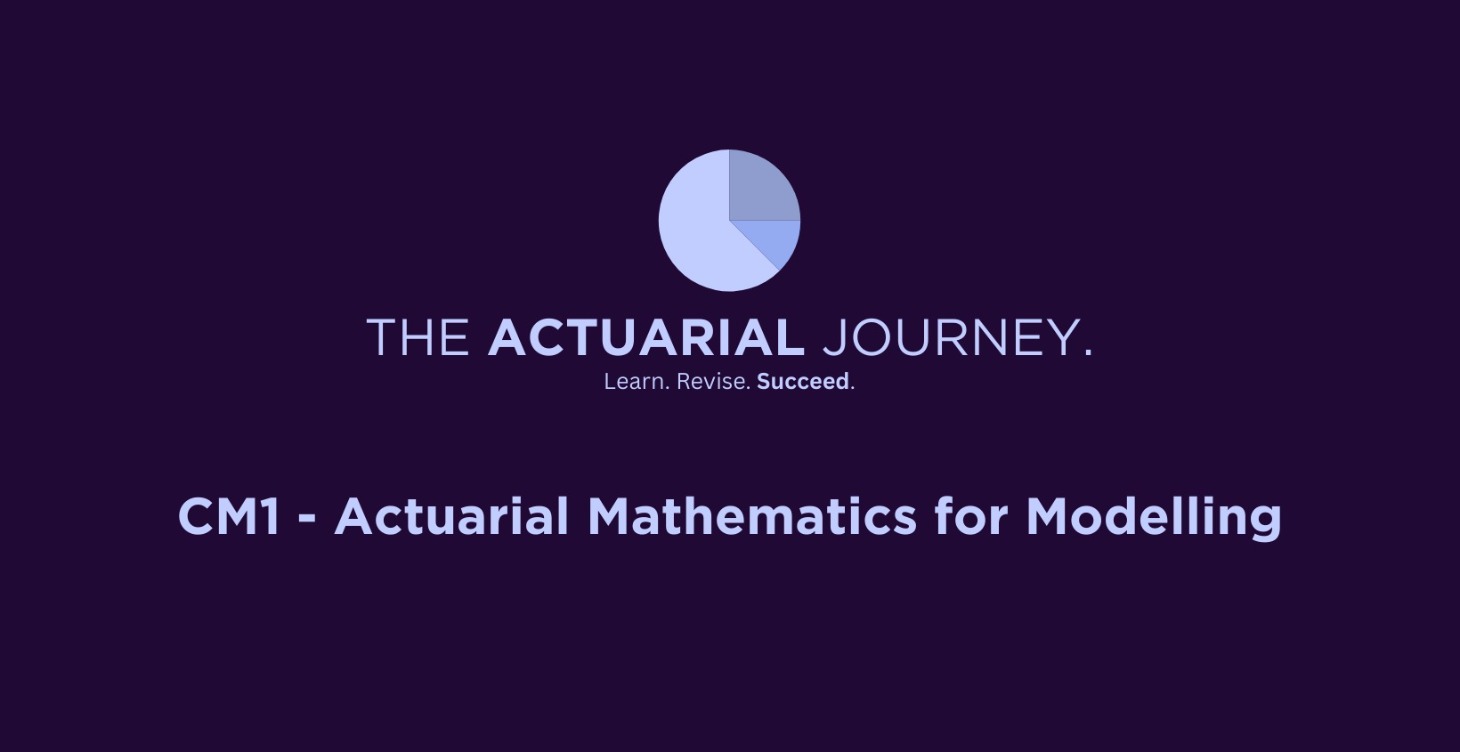
Private Course
CM1 - Actuarial Mathematics for Modelling
Aim: To develop a grounding in the mathematical principles required for actuarial modelling, with a focus on understanding deterministic models and their application to solve financial problems. Alongside this, the related and required understanding of the theory of interest rates and the skills to model cashflows, which may be known or contingent on mortality, morbidity or survival, are also developed.
0%
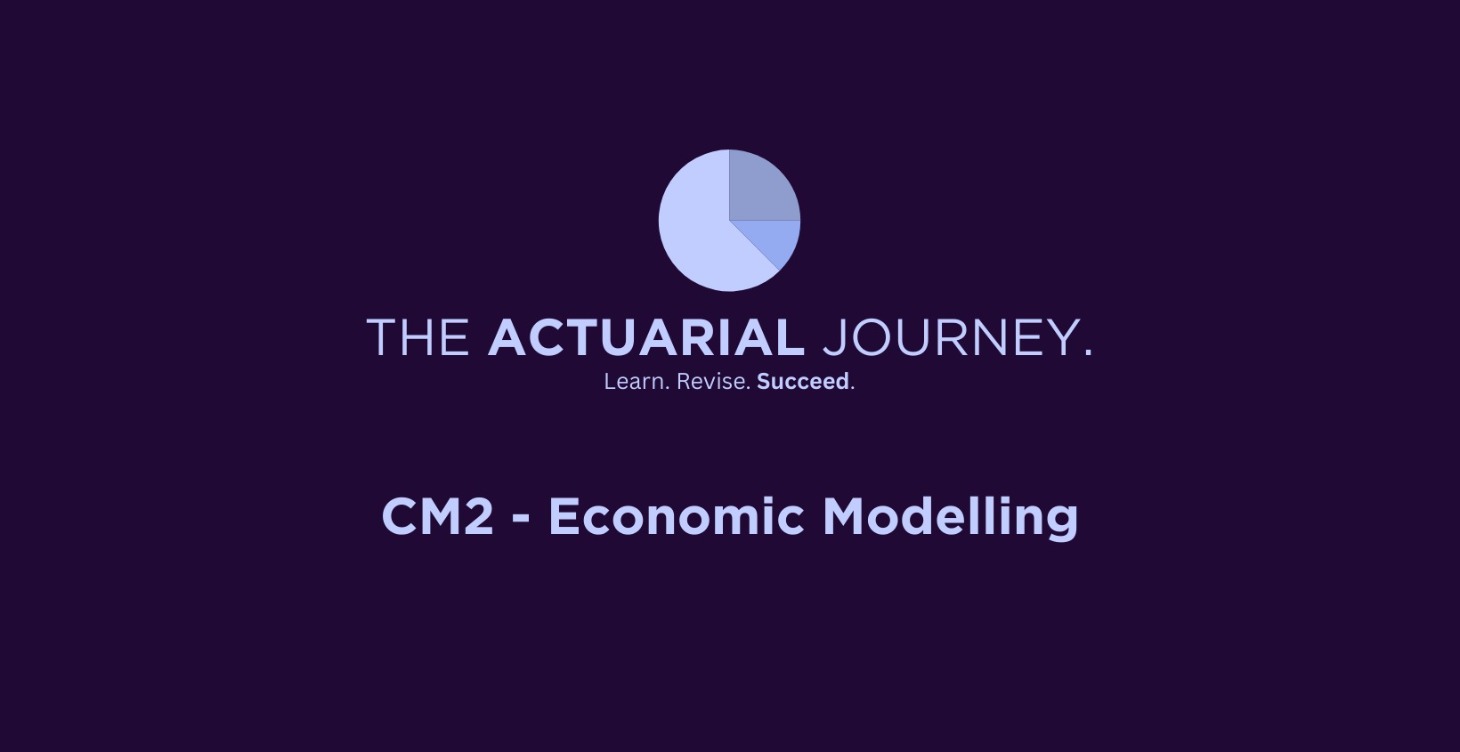
Private Course
CM2 - Economic Modelling
Aim: To provide a grounding in the principles of actuarial modelling, focusing on stochastic asset models, the valuation of financial derivatives and develops skills to model economic decision making, the probability of ruin, estimation of claims and the pricing of assets and options.
0%
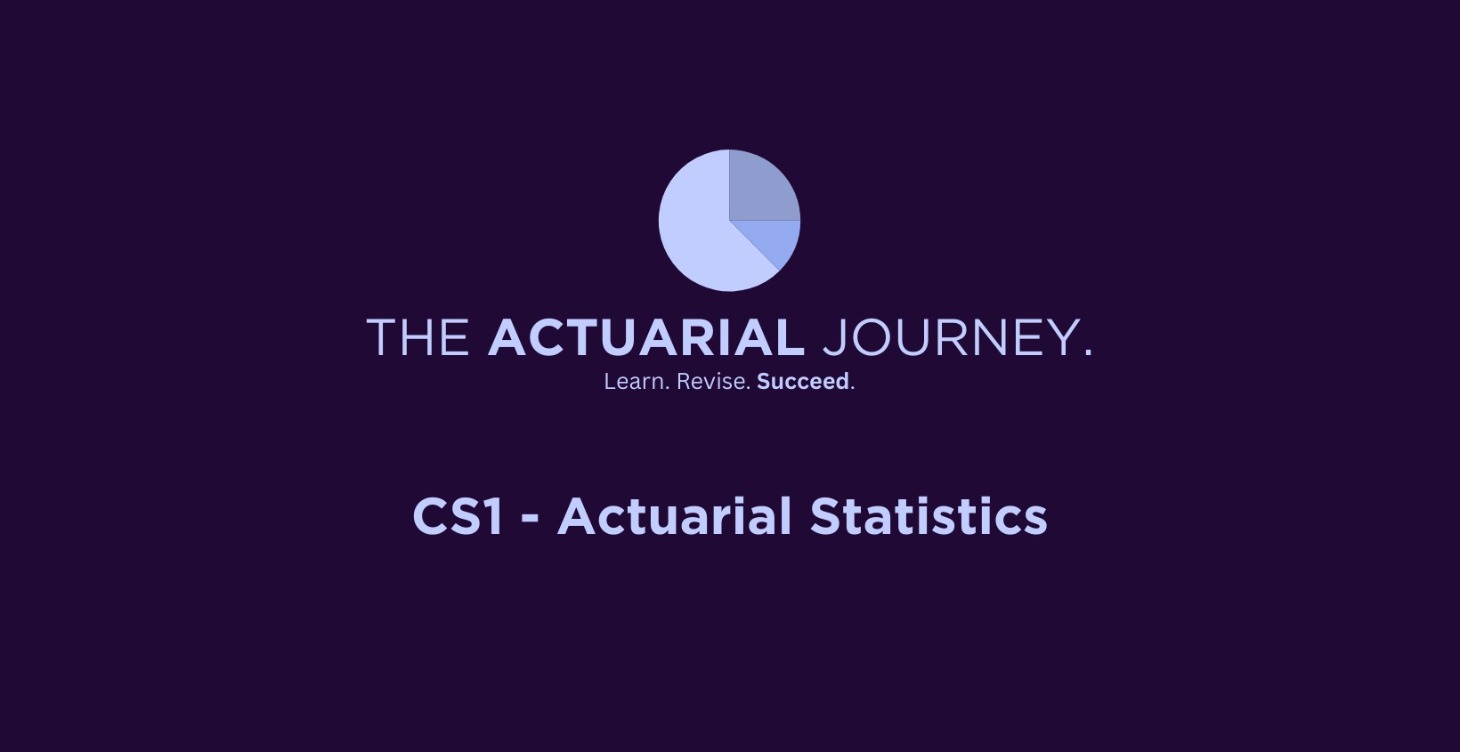
Private Course
CS1 - Actuarial Statistics
Aim: To provide a grounding in mathematical and statistical techniques that are of particular relevance to actuarial work.
0%
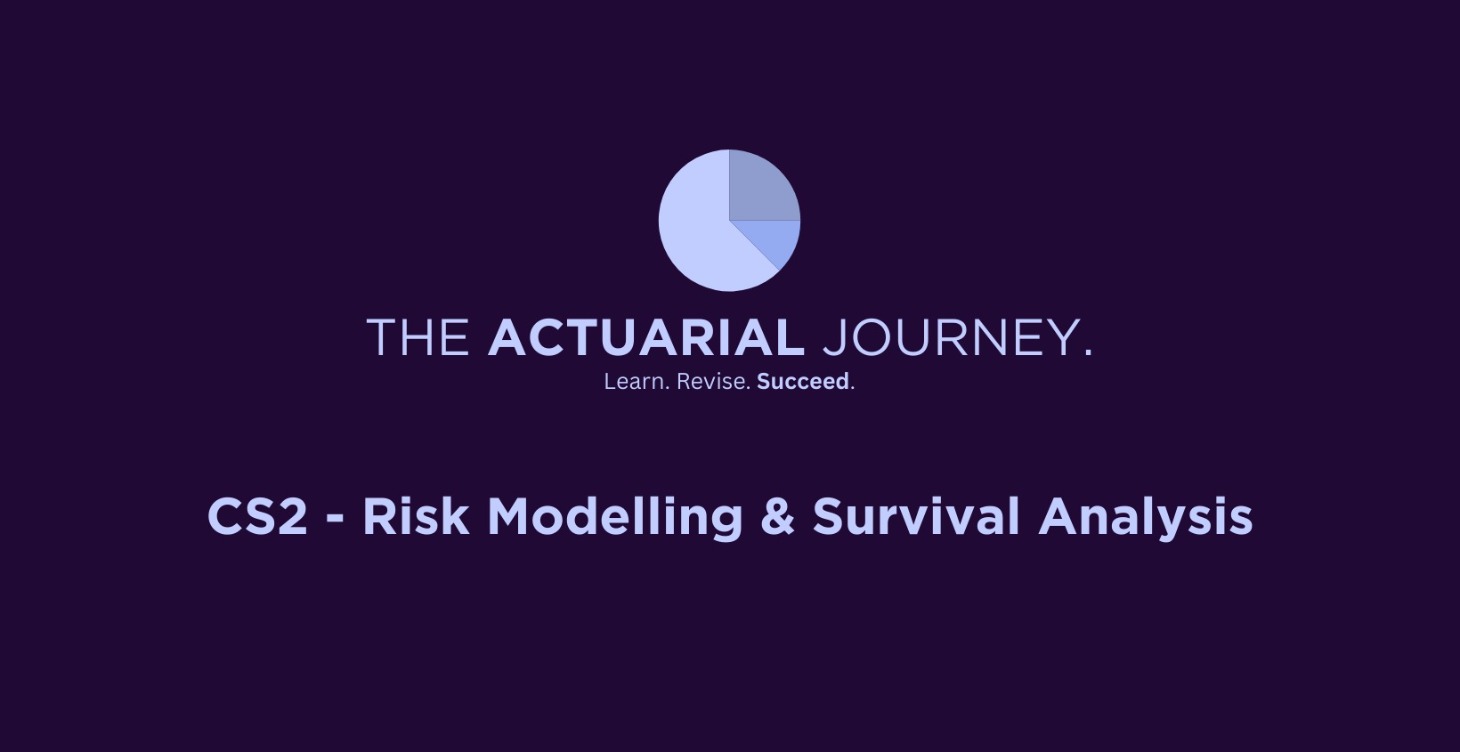
Private Course
CS2 - Risk Modelling & Survival Analysis
Aim: To provide a grounding in mathematical and statistical modelling techniques that are of relevance to actuarial work, including stochastic processes and survival models and their application.
0%
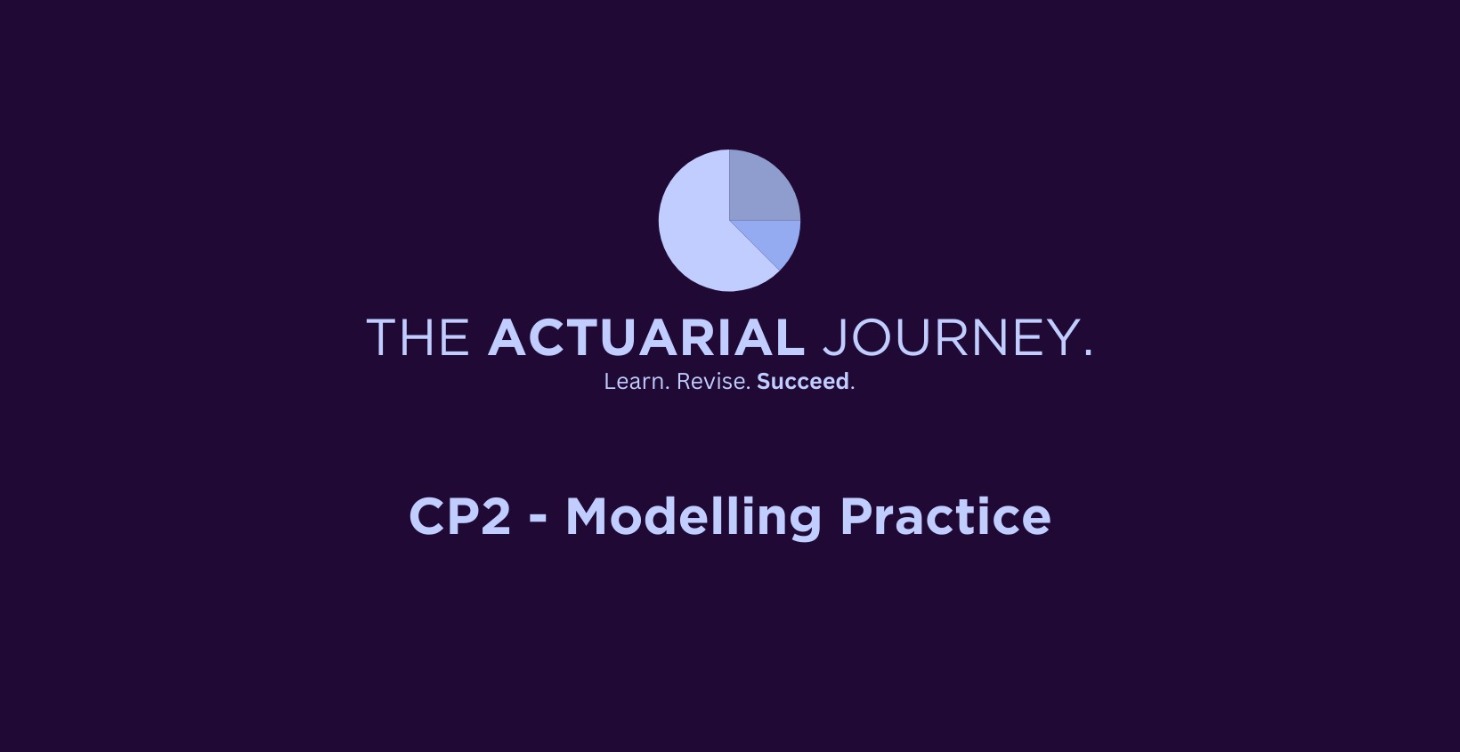
Private Course
CP2 - Modelling Practice
Aim: To understand and apply the critical steps to model data, document the work, create and maintain an audit trail, analyse the methods used and outputs generated and effectively communicate to colleagues the approach, results and conclusions.
0%
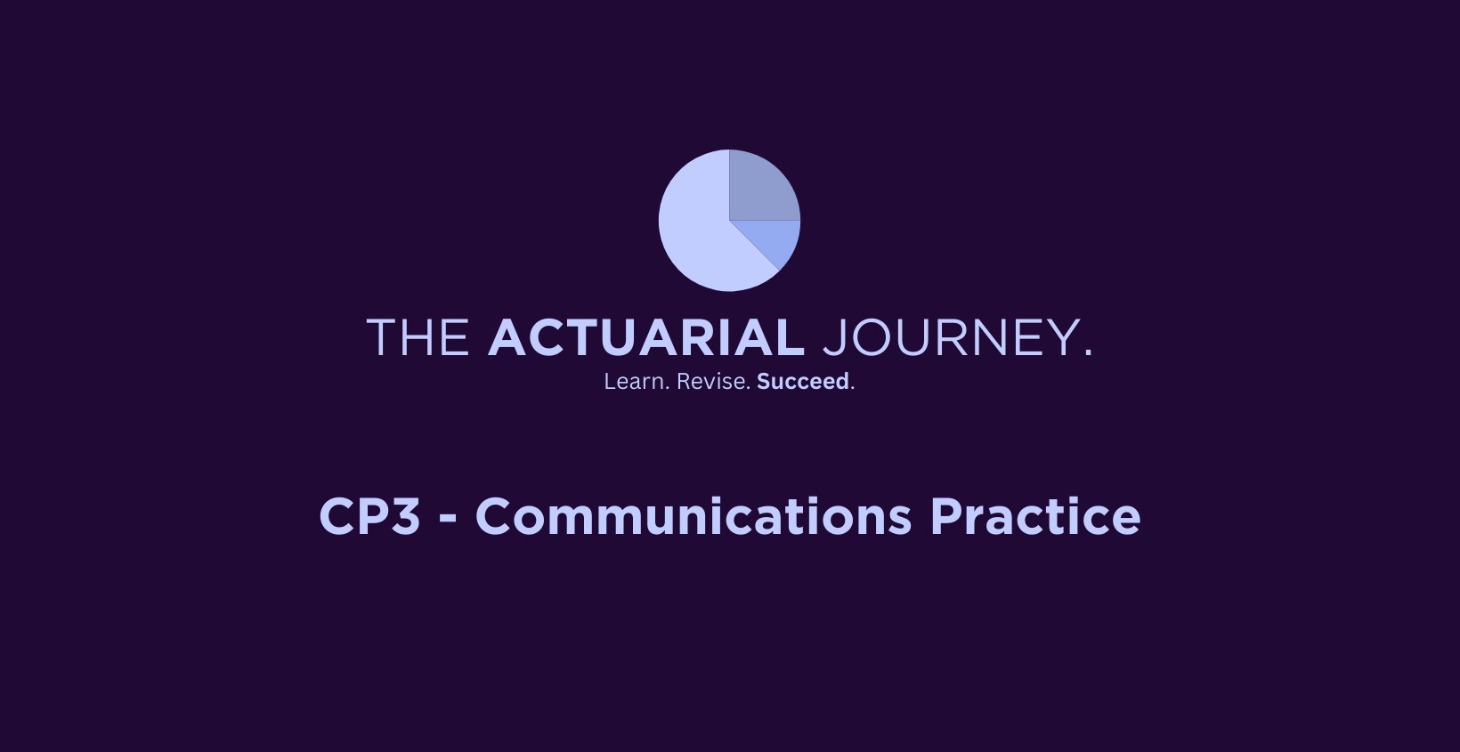
Private Course
CP3 - Communications Practice
Aim: To provide effective written communications of a technical nature to a non-technical audience. These communications need to convey appropriate information without unnecessary complexity, through the use of appropriate forms of communications, use of appropriate language and identification of the relevant issues to be addressed for the intended audience.
0%
1-13 of 13